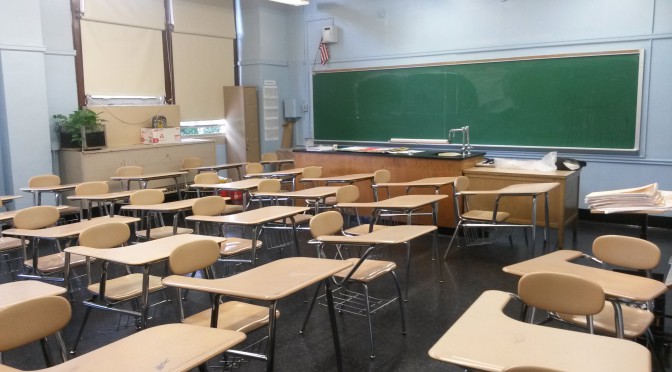Life Course as Method: Age Imaginaries in School Ethnography

By Patrick Alexander (Originally published here ) Like most social scientists, my approach to methodology is in important ways entangled with personal narrative. My interest in age as a field of social analysis emerged from my early experiences as a secondary school teacher. As a twenty-three year-old trainee, I was barely older than the more senior teenage students in my charge. At the same time, I was easily recognizable to my senior colleagues as member of the same generation as their own children. Training to be a teacher involved my immersion in the uncertain performance of several different identities: professional adult, grown-up in a classroom full of kids, youthful teacher. It was jarring to me to experience simultaneously what seemed like mutually exclusive categories of age. Out on the playground, students (and, sometimes, teachers) engaged in their own complex and ever-shifting negotiation of the age-based rules of engagement in everything f...


